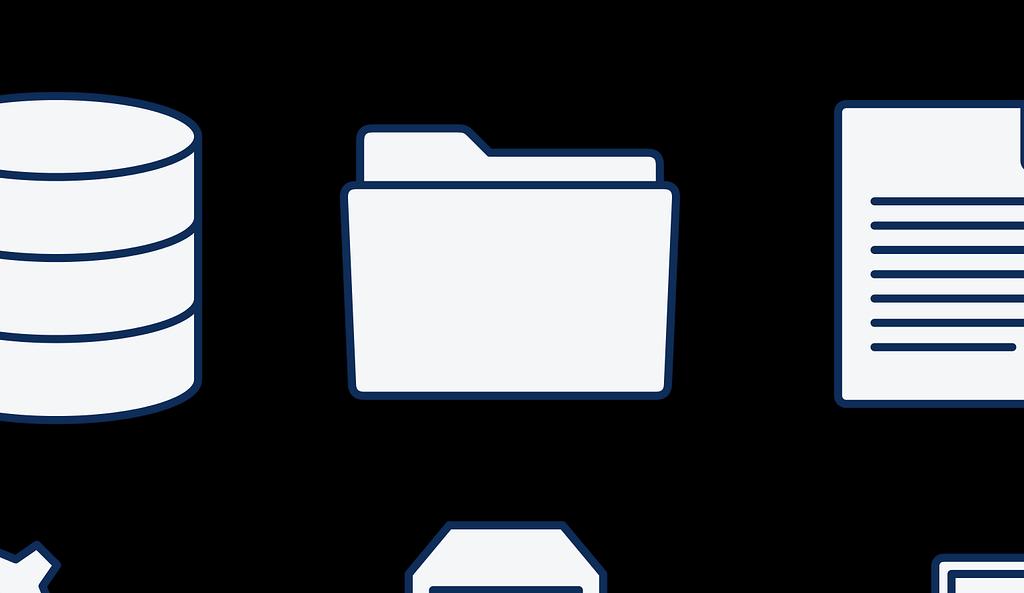Unlocking the Future: Beginning a Career in Data Science

Ever wondered how the world around us is rapidly changing and adopting a data-driven approach? Welcome to the dawn of a new era, we are witnessing the evolution of the innovative field of data science. To navigate this field and for anyone considering beginning a career in data science, it's vital to fundamentally understand what data science is. It's a multidisciplinary field, distinct not only from statistics but also from data analysis. The increasing relevance of data science across various sectors of the economy and the opportunities for professional evolution it provides make it an exciting career choice. Exploring this path can lead to significant economic benefits, presenting superior income prospects. This was just an introductory handshake with the promising field of data science. Accompany us as we sketch a map to unlock your future in this well-paying and intellectually stimulating realm.
Understanding the Basics: What is Data Science?

Data Science, as a matter of fact, is heralded as a multifaceted domain that intersects numerous disciplines. Grounded at the confluence of several fields, having its roots spread into mathematics, statistics, computer science, and predictive analytics – data science stands apart as a distinct constellation of disciplines. This exceptional character of varying subject-matters commingles to provide the cornerstone for professionals beginning a career in data science.

Though perceived to share similarities with domains like statistics and data analytics, data science, however, diverges significantly as it not only evaluates data but also exploits it to extrapolate patterns, thereby aiding in future predictions. Hold to this juncture – while a statistician might merely report the occurrence of an event, a data scientist goes steps further to predict future happenings, probabilities, and subsequent impact. The contrast is slender but definitive and understanding this difference is crucial for any aspirant making headway into beginning a career in data science. Thus, it is important to keep in mind that data science does not work in isolation, it's an interconnected domain leveraging varied insights to help businesses and organizations make data-driven decisions. Hence, expanding one's knowledge beyond the fundamentals is an integral step to form a robust foundation in data science and excel in the field.
Why Begin a Career in Data Science?

The field of data science is becoming increasingly integral within multiple sectors of our economy. From healthcare and finance to marketing and logistics, the data science profession is reshaping the way organizations operate, thereby making beginning a career in data science an enticing prospect for many. It is as if we are now embarking on an era being referred to by some experts as the "Industrial Revolution of Data", which isn't just a trend, but rather a crucial part of the future economic infrastructure.

Moreover, the path of a data scientist brings with it a host of opportunities for growth and upscaling. It is a career trajectory that provides an individual with a constant learning curve, always keeping on toes with the latest advancements in technology and computation methodologies. For instance, a junior data scientist can evolve into a data engineer, a machine learning engineer, or even a chief data officer with time and experience. This continual learning and evolution are what make pursuing a data science career dynamic and intellectually stimulating.

Lastly, the economic benefits that come with a career in data science are indeed superior compared to many other fields. A report from O'Reilly's 2019 Salary Survey of data professionals showed that US respondents earned a median salary of $110,000. This confirms the claim for high income opportunities in the data science field, making the prospect of beginning a career in data science even more appealing.
Exploring Various Data Science Job Roles

In beginning a career in data science, one must understand the wide array of roles within the field. Starting from entry-level positions such as associate data scientist, you’ll be expected to conduct extensive research and analysis, use statistical tools, and draw actionable insights from complex datasets. Next, as a data scientist, you'd primarily focus on using existing methodologies to draw insights. You'd manipulate large datasets, combining them, or dissecting them, all to answer industry-relevant questions. Your work would confer companies with the insight required to optimize their actions and strategize effectively.

In the role of a data engineer, responsibilities shift more toward the design, construction, and maintenance of large-scale data processing systems and databases. Adeptness in varied coding languages, database architecture, as well as an understanding of algorithms and data structures, is crucial for this role. Complementing these roles is the machine learning engineer who works on programming and deploying algorithms that learn and apply knowledge. Their role is crucial to the development of Artificial Intelligence (AI) systems and intricate data-driven software.

Finally, the data science manager is a vital role in any data-driven business environment. Being responsible for the overall data strategy, governance, utilization, and income generation operations, they need leadership skills, a deep understanding of the market, and hands-on data handling experience. They provide the overall direction and manage the data technology that helps companies drive business growth. In summary, while beginning a career in data science, it's essential to pick a suitable role that aligns with your interests and strengths. Each role calls for a unique skill set and specialization but is fundamental to making data science a powerful tool for business decisions.
How to Craft the Perfect Data Scientist Resume

As you're beginning a career in data science, crafting the perfect resume becomes a crucial task. To optimize your chances of landing that perfect role, a finely tuned resume is essential. It is pertinent that your resume is tailored to match the specific job posting you are applying for. The devil resides in the details – focusing in on the job description, analyzing the skills the employer is seeking, and then molding your resume to amplify those skills you possess. Equally important to your technical abilities are your soft skills. A potential employer doesn't just want someone adept at coding or using data analysis tools, but someone who can communicate their findings effectively, work collaboratively in a team and problem-solve dynamically. Your resume should establish a balance, focusing on your proficiency in programming languages or analytical tools, alongside demonstrating your capability in critical thinking, active learning, and effective communication skills.

Practical examples of your problem-solving abilities epitomize the proof of your competencies. Rather than just stating you have strong problem-solving skills, giving tangible examples of instances where you've used data to overcome obstacles or address complex issues, can considerably uplift your resume. Remember, concrete examples and anecdotes build connections with your potential employers, painting a clearer picture of who they will be hiring. In a nutshell, a balanced blend of hard discrete skills, soft talents, and reality-based examples are the keys to creating a resume that opens doors in the data science field.
Building a Strong Portfolio in Data Science

Beginning a career in data science necessitates not only solid theoretical knowledge, but also hands-on experience. Practical experience is highly valued in the realm of data science, often superseding academic qualifications. It brings into play the application of theoretical knowledge and problem-solving abilities. This is where building a strong portfolio comes into play.

A robust portfolio for a data science professional often includes personal projects, which showcase transferable skills, data maneuvering capabilities, and abilities to develop data-driven strategies and decisions. These projects act as evidence for future employers' question – ‘Can you do it?’. Moreover, these are a great way to portray one’s passion and dedication for data science. In addition, participating in Kaggle competitions is another recommendation to build a robust portfolio. Kaggle, by its design, allows aspirants to simulate real-world data science projects, begin from exploratory data analysis and culminate at insightful business strategies. Such competitions not only provide a competitive environment to breed learning, but winners of these competitions also catch the eye of the recruiters.

Professional growth in data science also benefits from value-added certifications, industry-accepted courses and data science internships. Various institutes and organizations offer such courses online or via traditional classroom setups. While these certifications often display a commitment to professional development, when choosing one understands its relevance to the field, and market acceptance is critical. Thus, building a strong portfolio in data science is a crucial aspect of the journey of beginning a career in data science, linking academic knowledge with practical applications.
Networking in the Data Science Community

One cannot overstate the importance of fostering connections within the data science community when beginning a career in data science. This community is a vibrant, ever-growing hub of individuals who share a common interest. It's crucial for career growth, providing novices with the chance to interact with experienced professionals, share ideas, and unravel complex data science conundrums.

Being an integral part of the data science fraternity offers myriad opportunities. It is here that you may encounter an abundance of job opportunities, ranging from internships to full-fledged positions in leading firms. Furthermore, the community offers a platform for continuous learning, where one can gain extraordinary insights just by mingling with accomplished figures in the industry. There exists an array of platforms fostering networking in the data science field, each unique yet serving the same purpose - helping you grow as a data scientist. Whether you're looking for job opportunities, seeking guidance, or learning about the latest trends, these platforms can offer you the necessary tools and experiences to succeed in your data science endeavors.
